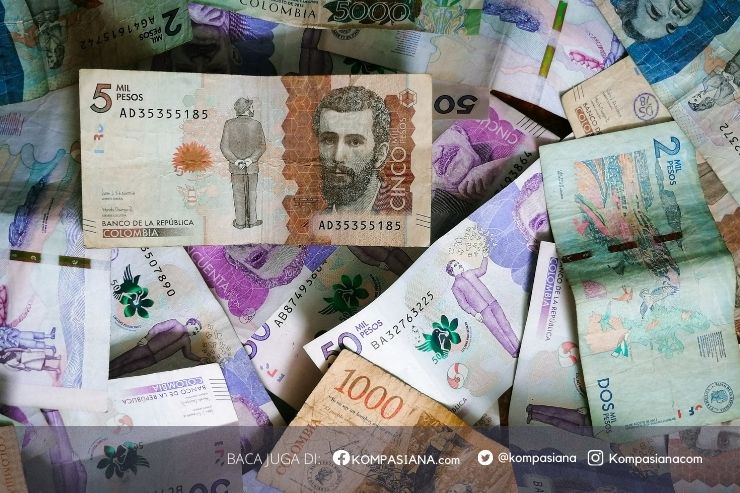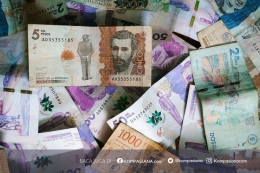For over a decade, Indonesia’s water resources have been largely left to the market; that is, dominated by the private sector. But in light of the Constitutional Court’s recent annulment of Law No. 7/2004 concerning Water Resources, the government has now taken far more control over supervision and management of water affairs. Consequently, private water businesses’ freedom is to be restricted.
What led up to the annulment of the 2004 law? It all stems from the principle that access to clean drinking water is an inalienable human right that is vital for the realization of human beings, as declared and accepted by all signatories of The Universal Declaration of Human Rights. The problem is that the people of Indonesia still don’t have adequate access to clean water.
True, there has been a drastic improvement from only 37% of Indonesians having access to clean drinking water in 1993 to 67% in 2013, but these numbers are still abysmal. A third of our population lacks access to the most basic necessity of life – and it has cost us dearly. A study conducted in 2006 by Economics of Sanitation Initiative shows that Indonesia lost $6.3 billion (2.3% of GDP) in a year because of poor sanitation, constituting mainly of poor water sanitation.
This is where privatization of water becomes a controversial issue. When water is monetized and exploited by private enterprises for commercial purposes, it is only managed to the best interests of those profit-seeking entities, which is not necessarily in the best interests of the people of the country who desperately need this clean drinking water. For instance, private companies tend to set higher prices, as we can see from the quadrupled price of water in Jakarta since privatization began (Rp 1700/m3 to Rp 7020/m3). Also, private water companies focus their circulation in densely populated cities where companies can target the largest amount of consumers, thus those in rural areas are left behind
It is hoped that these things will be avoided if the government plays a greater role in the management of Indonesia’s water resources. With the assumption that the government is not profit oriented and always seeks first and foremost the wellbeing of the people, management of water is supposedly going to become fairer and more effective under this new law.
What exactly does the new law mandate?
First, as long as water is taken directly from specified water resources, the use of water for drinking and irrigation will be free from water management fees. And if those specified water resources do not suffice to maintain adequate access to clean water, the government will be responsible for providing and distributing clean water.
Second, the government will more strictly regulate the issuing and revoking of licenses to private water companies based on how well the water is being used for the benefit of the people of Indonesia. Private companies will no longer be allowed to own water resources and exploit them, but instead must use water sources allocated to them by the government.
Third, it will no longer be permitted to provide water to other countries, unless all domestic water needs have been satisfied. This includes water provision for basic needs, sanitation, agriculture, energy, transportation, industry, ecosystem, tourism, and everything else that the country may need.
It all sounds ideal, but it’s crucial to remember that government failure of managing resources happens just as often as market failure. On that account, Jokowi’s government needs to take great caution in ensuring mistakes of previous government are not repeated. Two of the largest concerns are as follows.









